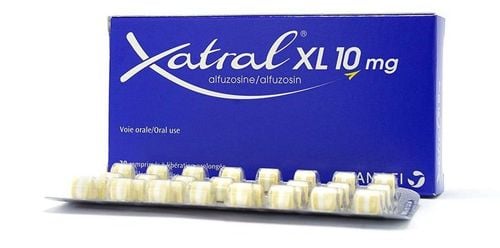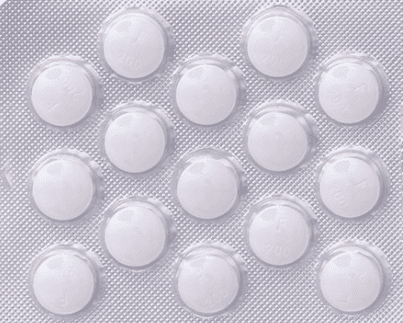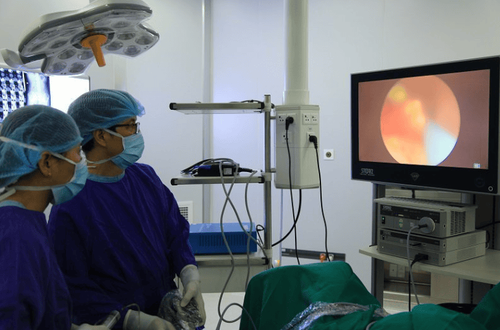This is an automatically translated article.
Kidney stones are a common disease, there are many methods of treating kidney stones such as medical treatment and surgical treatment by intervention such as dissolution or surgery. In particular, percutaneous laser lithotripsy is considered a breakthrough in the treatment of kidney stones.
1. What is laser kidney stone lithotripsy?
Urinary stone is a common disease, easy complications and high recurrence rate. Urinary stones include urethral stones, bladder stones, kidney stones, and ureteral stones. In which kidney stones account for the highest rate (30-40%). In the treatment of kidney stones in the past, the patient had to endure a painful open surgery, a long hospital stay, expensive costs, a surgical scar that was unsightly, affecting the ability to work and especially the injury. damage kidney function. Currently, minimally invasive interventions are preferred, in which laser small-tunnel percutaneous lithotripsy is a breakthrough in surgical surgery to replace open surgery.
Laser kidney lithotripsy is a technique that uses laser energy to break kidney stones into small pieces for removal through tunnels created through the skin into the kidney.

Tán sỏi thận bằng laser là can thiệp ít xâm lấn
2. How is laser kidney stone lithotripsy performed?
With this technique, the doctor will make an incision about 0.5 - 1cm in the back or lumbar region, establishing a tunnel into the kidney. Insert the endoscope through the tunnel to find stones. Using laser energy to break the stone into small pieces and then suck it out through the tunnel. The doctor will then place a catheter from the kidney into the bladder to improve circulation. The patient will be scheduled after 1 month for follow-up examination and X-ray to evaluate the effectiveness of lithotripsy and catheter removal.
Laser kidney lithotripsy has many advantages over previous techniques. The surgical process allows the entire renal calyces to be examined, thus minimizing the possibility of stones remaining. Patients will feel less pain, less bleeding, almost no scars, no aesthetic impact, and shorten the hospital stay from only 1 and a half to 2 days, compared with open surgery from 7 to 7 days. 10 days. Besides, this technique helps to have little effect on kidney function, patients recover quickly.

Tán sỏi thận bằng laser giúp bệnh nhân ít đau và mau hồi phục
3. In which cases is laser percutaneous renal lithotripsy indicated?
Kidney stones and ureteral stones close to the renal pelvis with size > 20mm. Applied to the contraindications of extracorporeal lithotripsy: arrhythmia, coronary insufficiency. Children weighing less than 30kg, obese people weighing more than 135kg. Anatomical abnormalities: ureteral stenosis, horseshoe kidney... Failures of extracorporeal lithotripsy: The stone is too hard (Oxalate de Calcium Monohydrate, Cystine) not to be dispersed. The stone has been crushed but is deposited in the renal calyx, unable to be eliminated through the natural route. Kidney stones associated with urinary pathology can be effectively intervened through endoscopic renal route (narrowing of the ureteral junction, calyces diverticulum...). Consider applying this technique to the case of lower calyx stones with a narrow angle between the lower calyx axis and the renal pelvis and small calyx foramen. Treatment of other urological diseases

Bệnh nhân rối loạn nhịp tim có thể sử dụng tán sỏi bằng laser
Laser percutaneous nephrolithiasis is contraindicated in the following cases:
Absolutely contraindicated if the patient has a coagulation disorder who has been treated without success. Patients with renal vascular abnormalities are at increased risk of major bleeding. Untreated hypertension. The laser lithotripsy technique has many advantages over previous techniques, and at the same time, the entire renal calyx can be examined, thus minimizing the possibility of stone retention. Accordingly, the patient also limits the pain, bleeding, especially does not affect the aesthetics.
Currently, non-invasive kidney stone lithotripsy methods such as laser, percutaneous endoscopic,... are performed at Vinmec International General Hospital, depending on the patient's needs and health status. The doctor will prescribe the appropriate method of kidney stone removal.
Accordingly, to improve the medical examination and treatment process, Vinmec now also offers modern medical equipment and machines combined with accompanying medical services. Especially in the medical examination and treatment process, there are doctors specializing in Nephrology - Urology, which will create a sense of trust for customers.
To be examined and treated for Vinmec disease, please come directly to Vinmec Health System or register online HERE.













